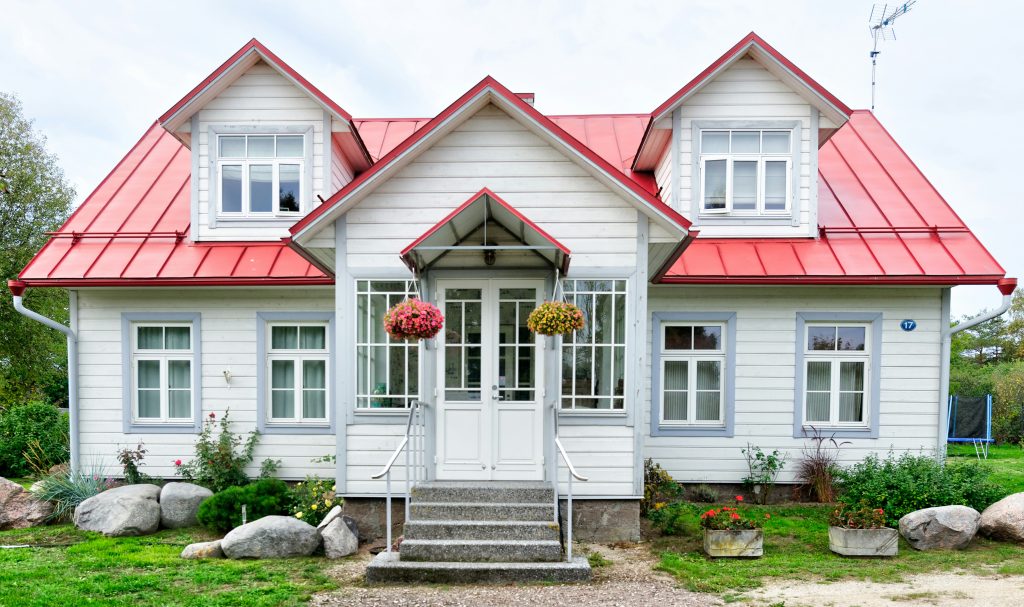Wake County, North Carolina, is known for its thriving real estate market, driven by a combination of vibrant communities, excellent schools, and a robust economy. Whether you’re a first-time homebuyer or an experienced investor, understanding the intricacies of Wake County real estate closing costs is essential. These costs can significantly impact your overall budget and financial planning.
What Are Closing Costs?
Closing costs are the fees and expenses that come with finalizing a real estate transaction. They can vary widely depending on the property’s location, the price, and the specifics of the deal. In general, closing costs include a mix of administrative fees, taxes, and various service charges that both buyers and sellers must pay before the property can officially change hands.
Breakdown of Common Closing Costs
Loan Origination Fees
What They Cover: Loan origination fees are charged by the lender for processing your mortgage application. This fee covers the cost of preparing your loan, including credit checks and administrative expenses.
Average Costs in Wake County: These fees typically range from 0.5% to 1% of the loan amount. For a $300,000 home, you might expect to pay between $1,500 and $3,000.
Appraisal Fees
Purpose of Appraisals: An appraisal is an unbiased estimate of the property’s value. It ensures the lender that the property is worth the loan amount.
Typical Fees in Wake County: Appraisal fees in Wake County usually range from $300 to $500, depending on the property’s size and location.
Title Search and Title Insurance
Why They Are Necessary: A title search ensures that the property title is clear of any liens, claims, or legal disputes. Title insurance protects both the buyer and the lender from any issues that may arise with the property’s title after the sale.
Costs Involved: Title search fees can range from $200 to $400, while title insurance can cost between $500 and $1,000, depending on the property’s value.
Recording Fees
What Are Recording Fees? Recording fees are charged by the county to officially record the new property ownership in public records.
Average Recording Fees in Wake County: These fees generally range from $50 to $100.
Attorney Fees
Role of Attorneys in Real Estate Transactions: In many states, including North Carolina, an attorney is required to oversee real estate transactions. They ensure that all legal aspects of the sale are handled correctly.
Standard Charges in Wake County: Attorney fees typically range from $500 to $1,200, depending on the complexity of the transaction.
Inspection Fees
Types of Inspections: Common inspections include general home inspections, pest inspections, and radon inspections.
Costs of Different Inspections: General home inspections can cost between $300 and $500. Pest inspections typically range from $75 to $150, while radon inspections are usually around $100 to $200.
Prepaid Costs
Property Taxes: Buyers may need to pay a portion of the property taxes upfront at closing. This amount depends on the property’s assessed value and the local tax rate.
Homeowners Insurance: Lenders require buyers to prepay the first year of homeowners insurance at closing, which can range from $500 to $1,500 annually.
Mortgage Insurance: If your down payment is less than 20%, you might need to pay private mortgage insurance (PMI). The cost of PMI can vary but typically ranges from 0.3% to 1.5% of the loan amount annually.
Who Pays for Closing Costs?
Buyer’s Responsibility
Buyers generally pay for most of the closing costs, including loan origination fees, appraisal fees, and title insurance.
Seller’s Responsibility
Sellers typically cover the real estate agent’s commission and may contribute to some closing costs, like title search fees, depending on the negotiation.
Negotiable Items
Some costs, such as attorney fees and home inspection fees, can be negotiated between the buyer and the seller.
How to Estimate Your Closing Costs
Online Calculators
Numerous online calculators can provide a rough estimate of your closing costs based on your home’s price and location.
Consulting with Real Estate Agents
Real estate agents can offer valuable insights and more accurate estimates based on their local market knowledge.
Getting Quotes from Lenders
It’s wise to get quotes from multiple lenders to understand the range of closing costs and find the best deal.
Ways to Reduce Closing Costs
Negotiating Fees
Don’t be afraid to negotiate with your lender, real estate agent, or attorney. They might be willing to lower their fees to secure your business.
Choosing the Right Lender
Some lenders offer no-closing-cost mortgages or roll the closing costs into the loan amount, which can help reduce upfront expenses.
Taking Advantage of Discounts and Rebates
Look for discounts or rebates offered by your real estate agent or lender, especially if you’re a first-time homebuyer or working with a specific bank.
Impact of Closing Costs on Home Buying Budget
Total Cost Considerations
When budgeting for a home purchase, it’s crucial to factor of real estate in wake county closing costs, which can add up to 2% to 5% of the home’s purchase price.
Budgeting Tips for Homebuyers
Start saving early, shop around for the best rates, and consider asking the seller to contribute to closing costs as part of the negotiation.
Real-Life Example of Closing Costs in Wake County
Sample Calculation
Let’s say you’re buying a $300,000 home in Wake County. If your closing costs are around 3%, you’d need to budget an additional $9,000.
Case Study
Jane, a first-time homebuyer in Wake County, worked with her real estate agent to negotiate a seller contribution of $3,000 towards her closing costs. This significantly reduced her out-of-pocket expenses.
Wake County Real Estate Closing Costs F&Q
-
What are the most common closing costs for buyers in Wake County?
Buyers typically encounter costs like loan origination fees, appraisal fees, title insurance, and attorney fees.
-
Can closing costs be included in the mortgage?
Yes, some lenders allow you to roll closing costs into your mortgage, reducing upfront expenses but increasing your loan amount.
-
How are closing costs different for sellers and buyers?
Buyers usually cover costs related to the mortgage and property assessment, while sellers often pay the real estate agent’s commission and may contribute to some closing fees.
-
What happens if you can’t pay your closing costs upfront?
If you can’t pay closing costs upfront, you may be able to negotiate with the seller or lender to cover some costs or roll them into your mortgage.
-
Are closing costs tax-deductible?
Certain closing costs, like mortgage interest and property taxes, may be tax-deductible. Consult a tax professional for specific advice.

